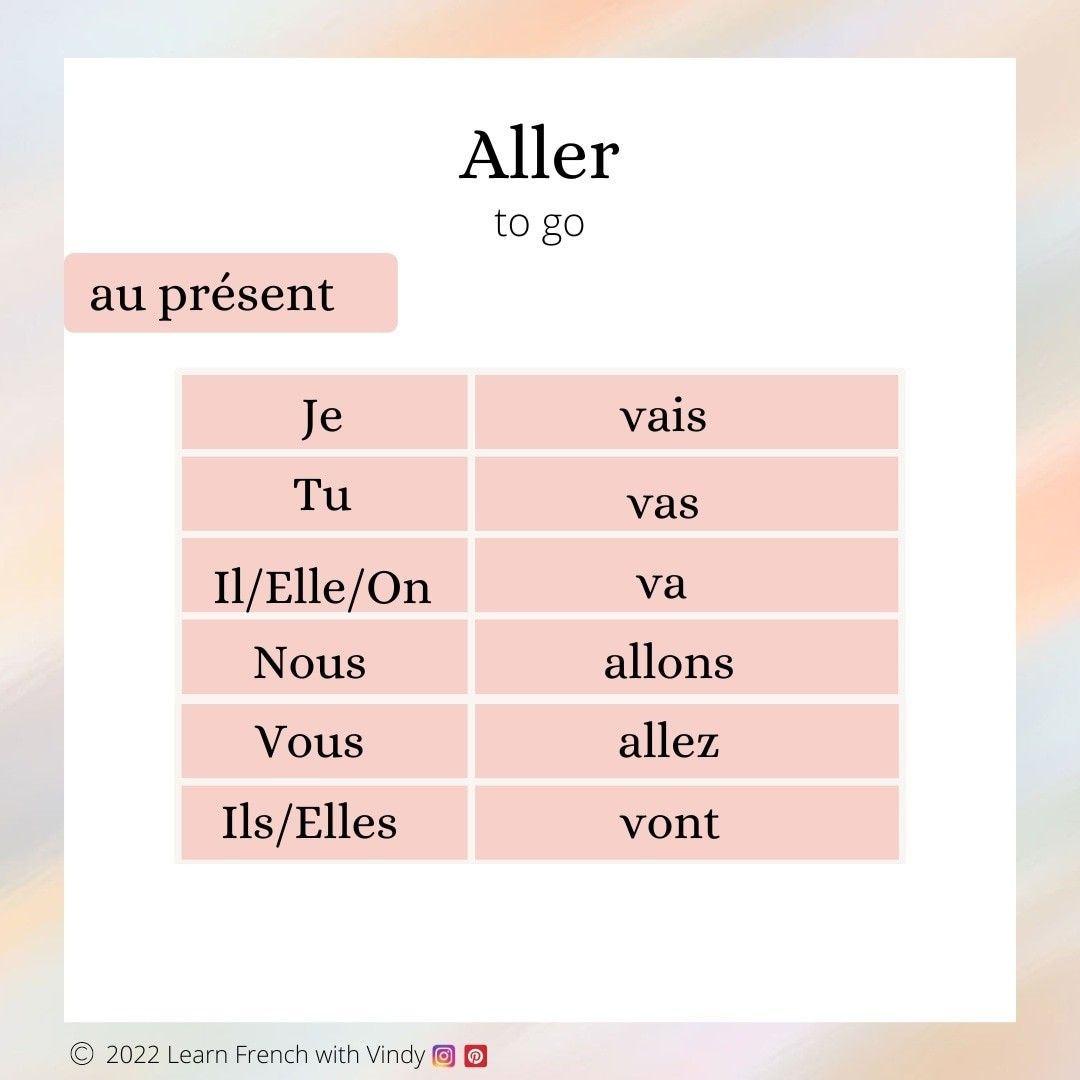Ready to navigate the intricacies of French verbs? “Conduire” (to drive) is an essential verb to master, frequently used in everyday conversation. Beyond its literal meaning of driving a car, “conduire” also encompasses “to lead,” “to manage,” or “to conduct,” broadening its utility. While its irregular nature may present a challenge, this comprehensive guide will equip you with the knowledge and tools to confidently conjugate “conduire” across all tenses, moods, and practical applications.
Understanding “Conduire”: More Than Just Driving
“Conduire” stands out as a high-frequency verb in French, making it crucial for effective communication. Its applications extend beyond driving a car, encompassing leading a meeting (conduire une réunion), managing a project (conduire un projet), or conducting an orchestra (conduire un orchestre). This versatility underscores its importance and warrants dedicated study. Before delving into the conjugation itself, it’s crucial to grasp that “conduire” is a third-group irregular -uire verb conjugated with the auxiliary verb “avoir.” Additionally, an “s” is added to the stem in specific tenses, and the pronominal form (se conduire) carries the distinct meaning of “to behave.”
Conjugation of “Conduire”: A Comprehensive Overview
This table provides a comprehensive overview of “conduire” conjugations across various tenses and moods. While other less frequent tenses exist, mastering these will provide a solid foundation. Some language experts suggest focusing on the patterns within the irregularities, as this can provide anchors for memorization.
| Tense | Je/J’ | Tu | Il/Elle/On | Nous | Vous | Ils/Elles |
|---|---|---|---|---|---|---|
| Présent | conduis | conduis | conduit | conduisons | conduisez | conduisent |
| Passé Composé | ai conduit | as conduit | a conduit | avons conduit | avez conduit | ont conduit |
| Imparfait | conduisais | conduisais | conduisait | conduisions | conduisiez | conduisaient |
| Futur Simple | conduirai | conduiras | conduira | conduirons | conduirez | conduiront |
| Conditional | conduirais | conduirais | conduirait | conduirions | conduiriez | conduiraient |
| Subjunctive Present | conduise | conduises | conduise | conduisions | conduisiez | conduisent |
Deconstructing the Conjugation
Present Tense: Actions in the Now
Imagine cruising down the Champs-Élysées – je conduis (I am driving)! This tense is your go-to for describing what’s happening in the present moment. Notice the shared conjugation for je and tu – a common quirk in French.
Passé Composé: Journeys of the Past
Recounting yesterday’s drive to the Loire Valley? J’ai conduit (I drove). The passé composé, formed with “avoir” and the past participle (conduit), paints a picture of completed past actions.
Imperfect Tense: Setting the Scene
Picture yourself driving along the French Riviera every summer – je conduisais (I used to drive/I was driving). The imperfect tense evokes ongoing or habitual actions in the past.
Future Tense: Road Trips to Come
Planning a trip to Bordeaux? Je conduirai (I will drive). The future tense anticipates upcoming actions, full of possibility.
Subjunctive and Conditional: Exploring Possibilities
These moods add nuance to your French. The subjunctive expresses uncertainty, necessity, or emotion, while the conditional explores hypothetical scenarios or polite requests. Il faudrait que je conduise prudemment (I should drive carefully – subjunctive). Je conduirais si j’avais une voiture (I would drive if I had a car – conditional).
Beyond the Wheel: Pronominal and Negative Forms
Se conduire: Matters of Behavior
Se conduire transitions from the road to behavior. Je me conduis bien (I behave well) reflects conduct, not just driving prowess.
Negation: Ne… pas
To express the absence of driving, simply frame the conjugated verb with ne… pas. Je ne conduis pas (I don’t drive) is a fundamental construction.
Mastering “Conduire”: Tips and Resources
While some studies suggest memorization, others emphasize pattern recognition. Current research highlights the effectiveness of personalized learning methods. Experiment and discover what works best for you! Consider these additional tips:
- Pronunciation Practice: Pay close attention to the subtle sounds and liaison. Online resources with audio clips can be invaluable. [https://www.lolaapp.com/chromatic-solfege] can offer insights into musicality and language learning.
- Common Mistakes: Be mindful of irregular forms, especially in less common tenses like the passé simple.
- Contextual Learning: Create sentences using diverse tenses and meanings of “conduire.” Language exchange partners can provide authentic practice.
By integrating these strategies and exploring the nuances of “conduire,” you’ll be well on your way to confidently navigating the roads of French conversation.
- Red Cloud, NE: Discover Willa Cather’s Legacy - April 11, 2025
- Remember Old Social Media Sites? Their Rise and Fall - April 11, 2025
- How many days till Feb 3?Accurate Countdowns & Tools - April 11, 2025
















